
My attention has been drawn to recent media reports alleging that the Traditional Medicine Practice Council (TMPC) of the Ministry of Health has petitioned the National Security to arrest me, Prof. Raphael Nyarkotey Obu, a leading naturopathic expert in Ghana. The TMPC claims that I have acted contrary to their regulatory authority.
My Response
To ensure the public is well-informed about this issue and the broader challenges within the industry, I wish to clarify the following points:
One crucial lesson from my legal training is that lawyers and the legal profession play a central role in resolving complex national and global challenges. During my studies at the Gambia Law School in Banjul, I came to appreciate how legal principles and frameworks are essential to addressing issues across various fields, including traditional and alternative medicine.
Two key reasons highlight the importance of the legal profession today:
1. Lawyers are dedicated to upholding the rule of law, ensuring equal justice, due process, and constitutional democracy. While we may have differing interpretations of these principles, our role is to apply legal tools to bring clarity, structure, and fairness to legal matters.
2. Legal training provides critical thinking skills. A professor once told me, “You only become a complete human being after studying law.” Law school teaches discipline, analytical reasoning, and the ability to dissect and reconstruct legal arguments.
Challenging TMPC’s legal authority
As the first naturopath in Ghana to be called to the Bar, I am using my legal expertise to advocate for reforms in the regulation of traditional and alternative medicine. In my role as General Secretary of the Ghana Alternative Medical Practitioners Association (GAMPA), I have legally challenged TMPC’s authority to regulate alternative medicine. In response, the TMPC has petitioned for my arrest—a move that reflects resistance to necessary legal reforms rather than genuine regulatory concerns.
The landscape of traditional and alternative medicine is evolving. Unlike in the past, today’s practitioners are well-educated and knowledgeable about their rights. My advocacy aims to ensure that regulations align with legal principles and best practices.
My legal and advocacy work beyond Ghana
My contributions extend beyond Ghana:
• The Gambia: I played a key role in petitioning the Health Minister to consider legislation for traditional and alternative medicine, leading to a national roundtable discussion. My advocacy in Gambian newspapers was well-received, and I helped secure hospital-based clinical training for naturopathic students. Under my mentorship, Gambian naturopaths gained national recognition, leading President Adama Barrow to invite traditional healers to the presidency for the first time in history. I also founded the Gambia Society of Naturopathy to protect practitioners.
• Togo: I have provided training for food supplement distributors, leading to the formation of the Association Togolaise de Naturopathie et Médecine Holistique (ATNMH).
The legal reality: TMPC’s overreach
As President of Nyarkotey University College of Holistic Medicine and Technology (NUCHMT), I have worked to professionalise naturopathy in Ghana. However, my legal training has revealed that TMPC is misinterpreting the Traditional Medicine Practice Act 575. The Act was passed to regulate traditional medicine, not alternative medicine. Despite this, TMPC has persistently imposed its authority over alternative medicine practitioners and institutions, including my own.
In 2010, the Attorney General clarified in an official letter that Act 575 does not extend to alternative medicine. Despite this ruling, TMPC continues to overstep its mandate. Initially, I registered NUCHMT under TMPC’s framework before becoming a lawyer. After gaining legal expertise, I recognized the misinterpretation of the law and refused to renew accreditation with TMPC. This ongoing dispute is currently before the High Court.
Instead of respecting legal processes, TMPC has petitioned national security to arrest and prosecute me, falsely claiming that I am misleading the public about their mandate. This reactionary approach highlights their reluctance to accept necessary legal reforms.
Unlawful intimidation by TMPC
The TMPC’s actions—attempting to silence me through threats of arrest—amount to intimidation rather than legitimate regulatory oversight. Regulatory bodies should operate within their lawful mandate, not use coercive tactics against professionals advocating for legal clarity and fairness.
The future of alternative medicine in Ghana must be built on a solid legal foundation. I remain committed to working with relevant authorities to ensure Ghana’s regulatory framework aligns with both legal principles and professional best practices.
Conclusion
This matter remains before the High Court, and I urge all parties to respect the judicial process rather than resorting to unlawful actions. My legal and naturopathic expertise, along with my advocacy efforts, are aimed at safeguarding the integrity of alternative medicine and ensuring that practitioners operate within a legally defined framework that protects both professionals and the public.
Prof. Raphael Nyarkotey Obu
Professor of Naturopathy
Barrister & Solicitor (Gambia Bar)
President, Nyarkotey University College of Holistic Medicine and Technology (NUCHMT)
General Secretary, Ghana Alternative Medical Practitioners Association (GAMPA)
BY PROF. RAPHAEL NYARKOTEY OBU
The post Statement on recent media reports regarding TMPC’s call for the arrest of Prof. Nyarkotey Obu appeared first on Ghanaian Times.
Read Full Story
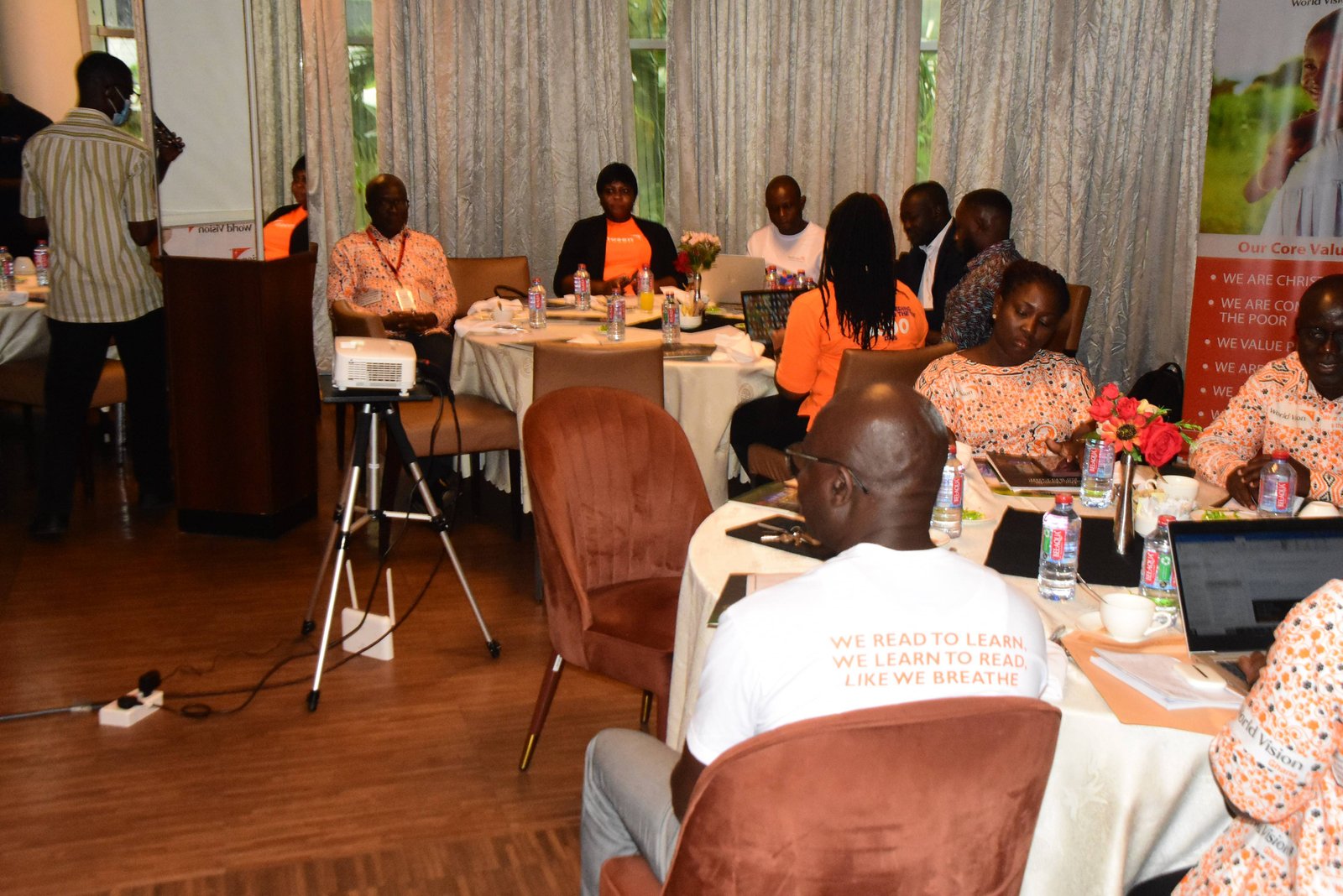



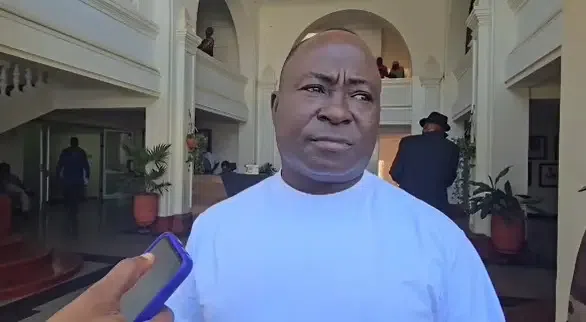

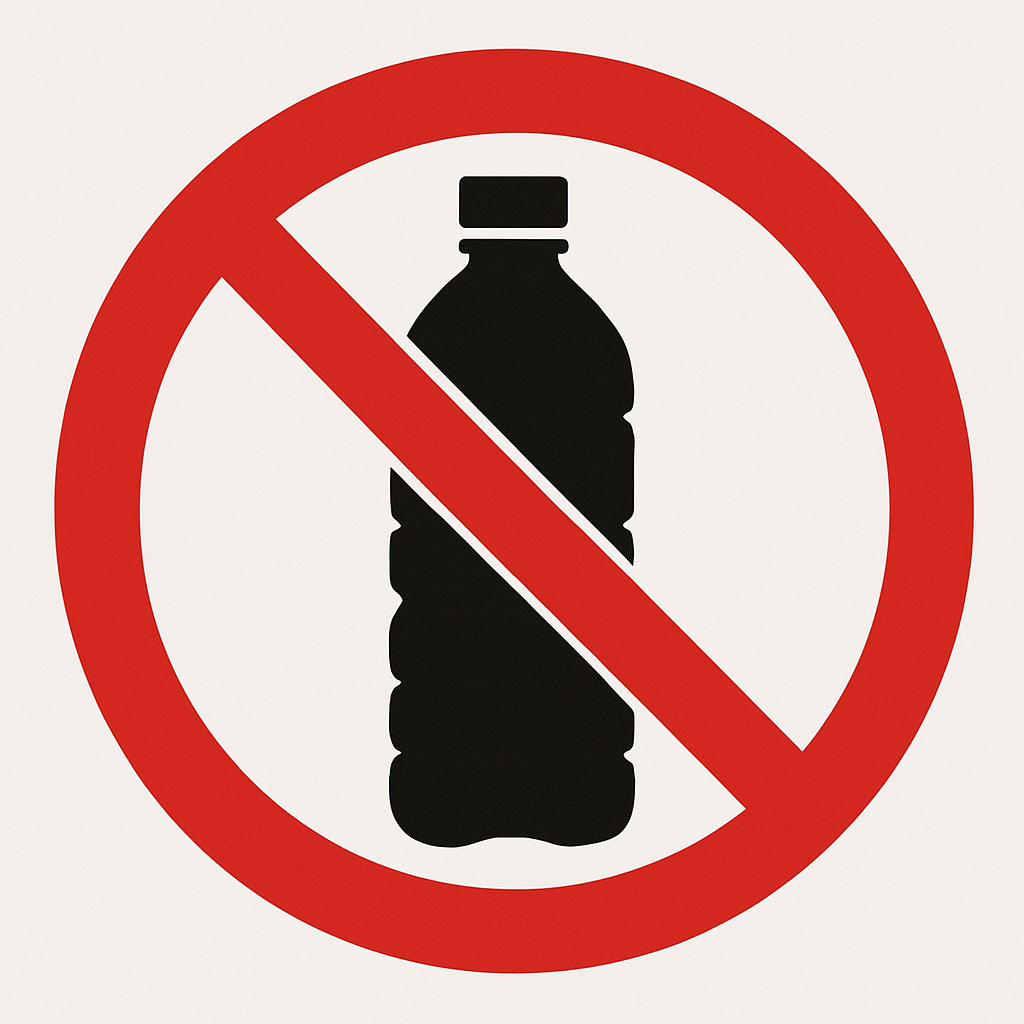
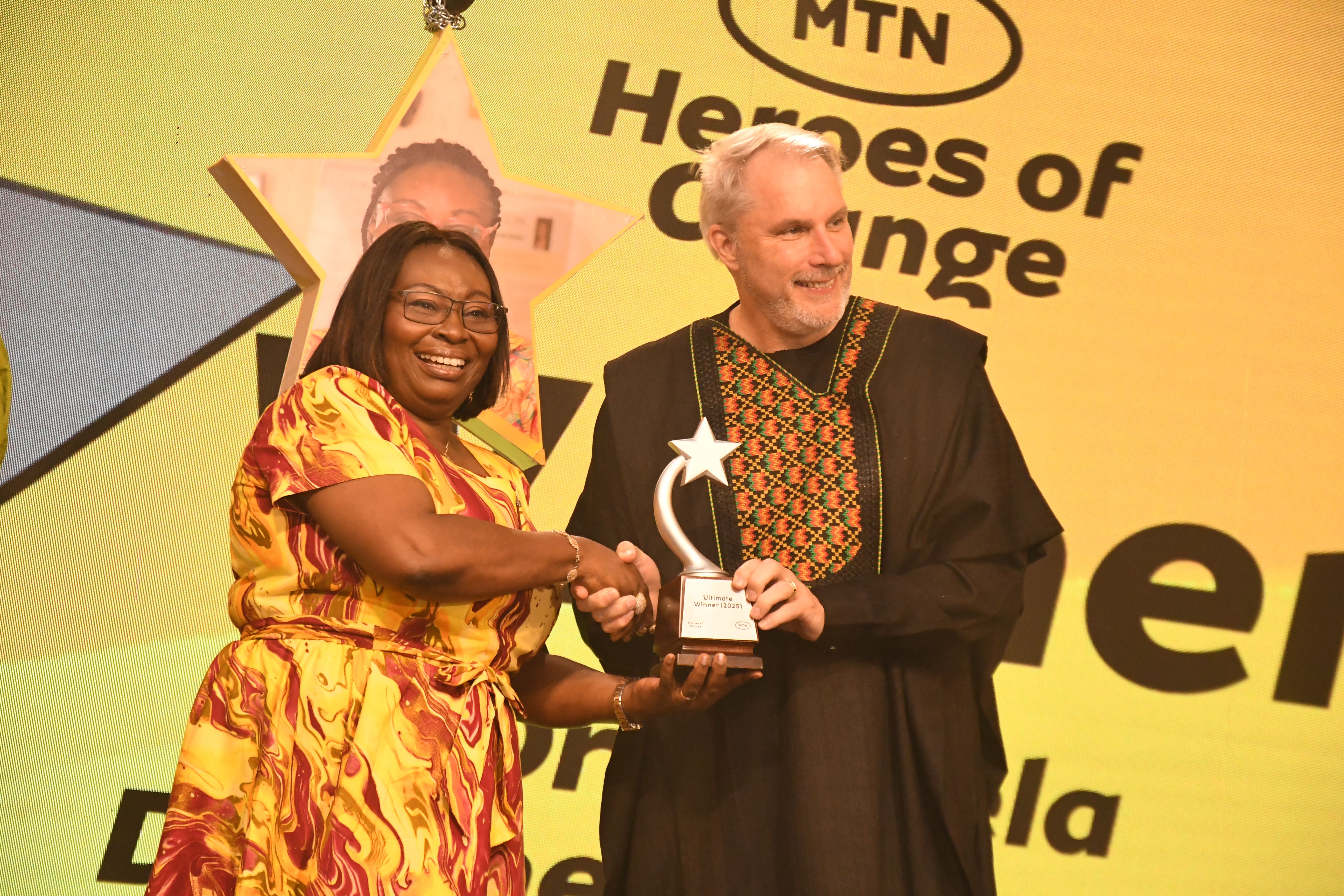
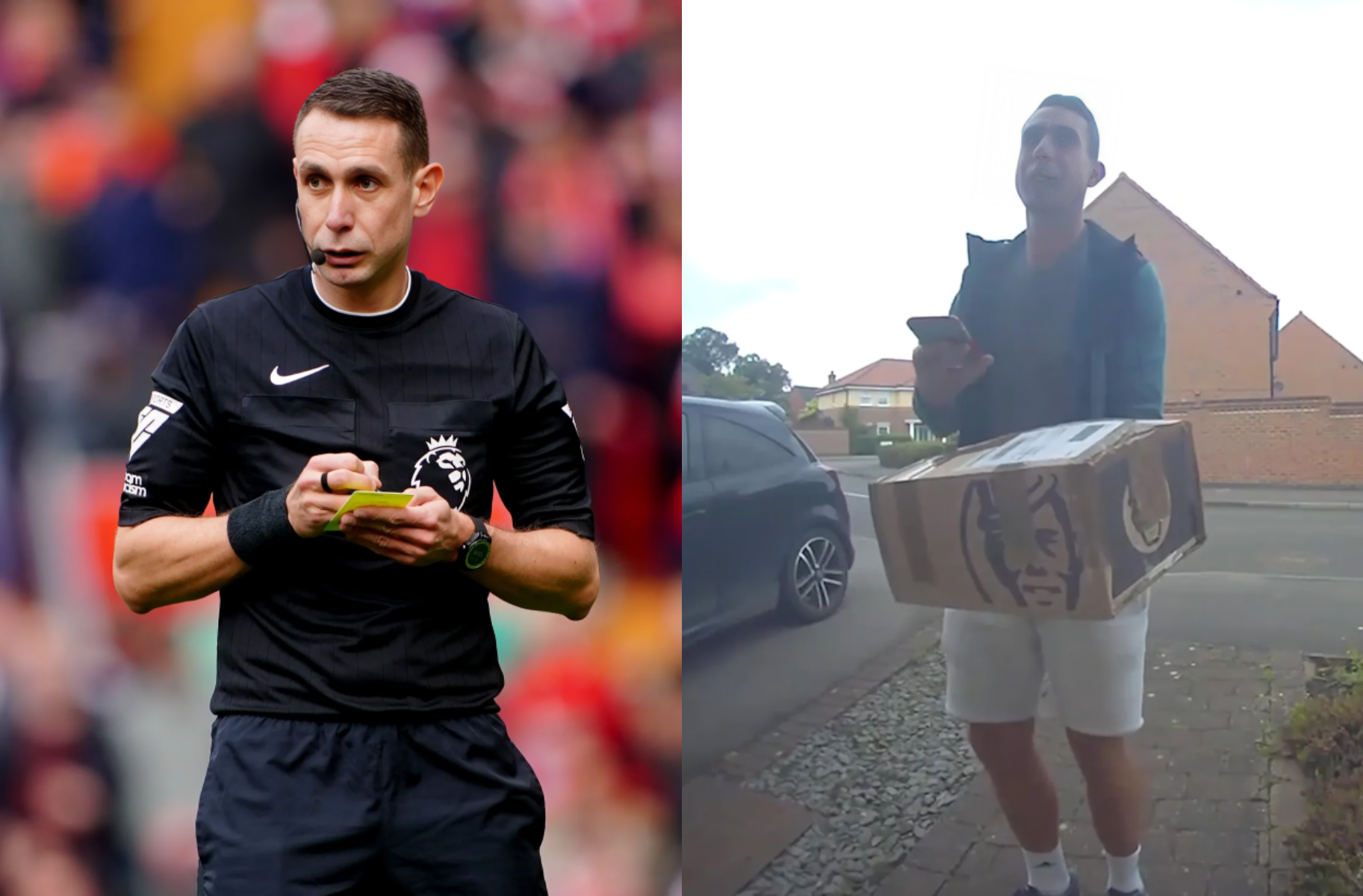
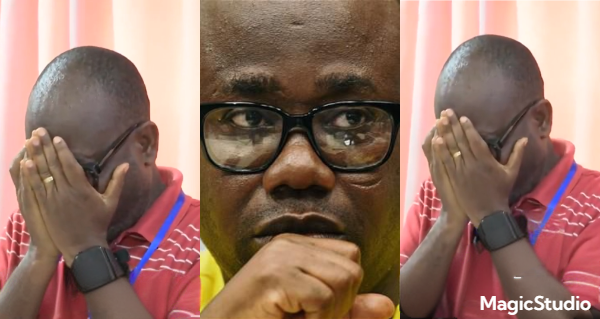
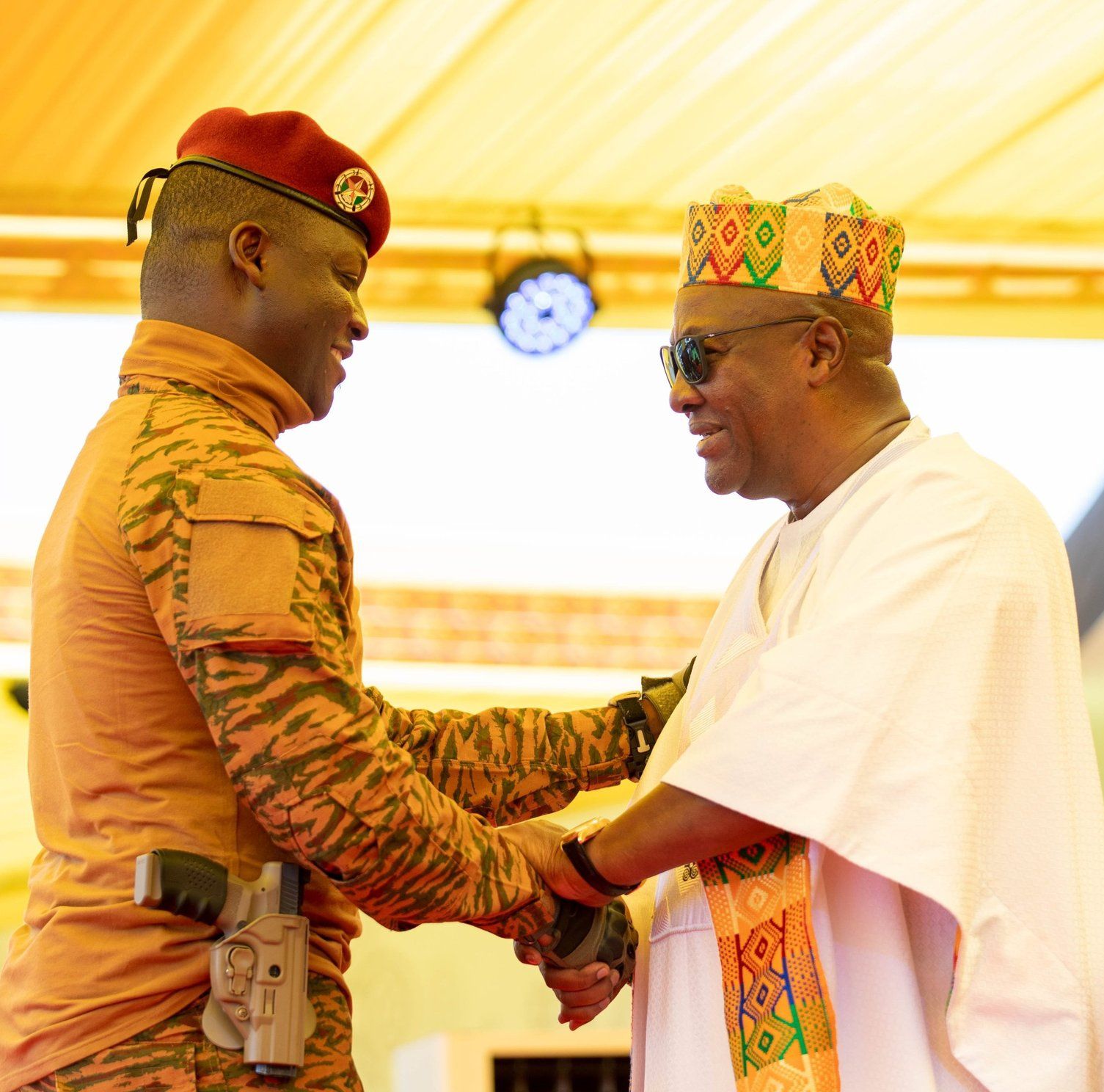
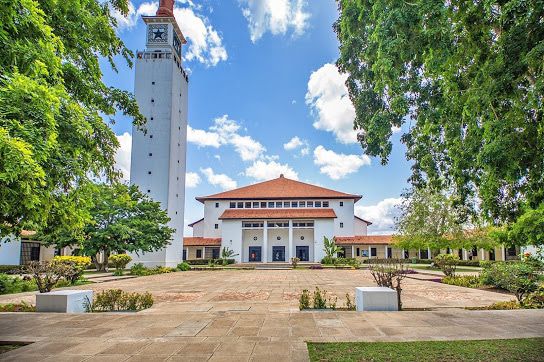
Facebook
Twitter
Pinterest
Instagram
Google+
YouTube
LinkedIn
RSS